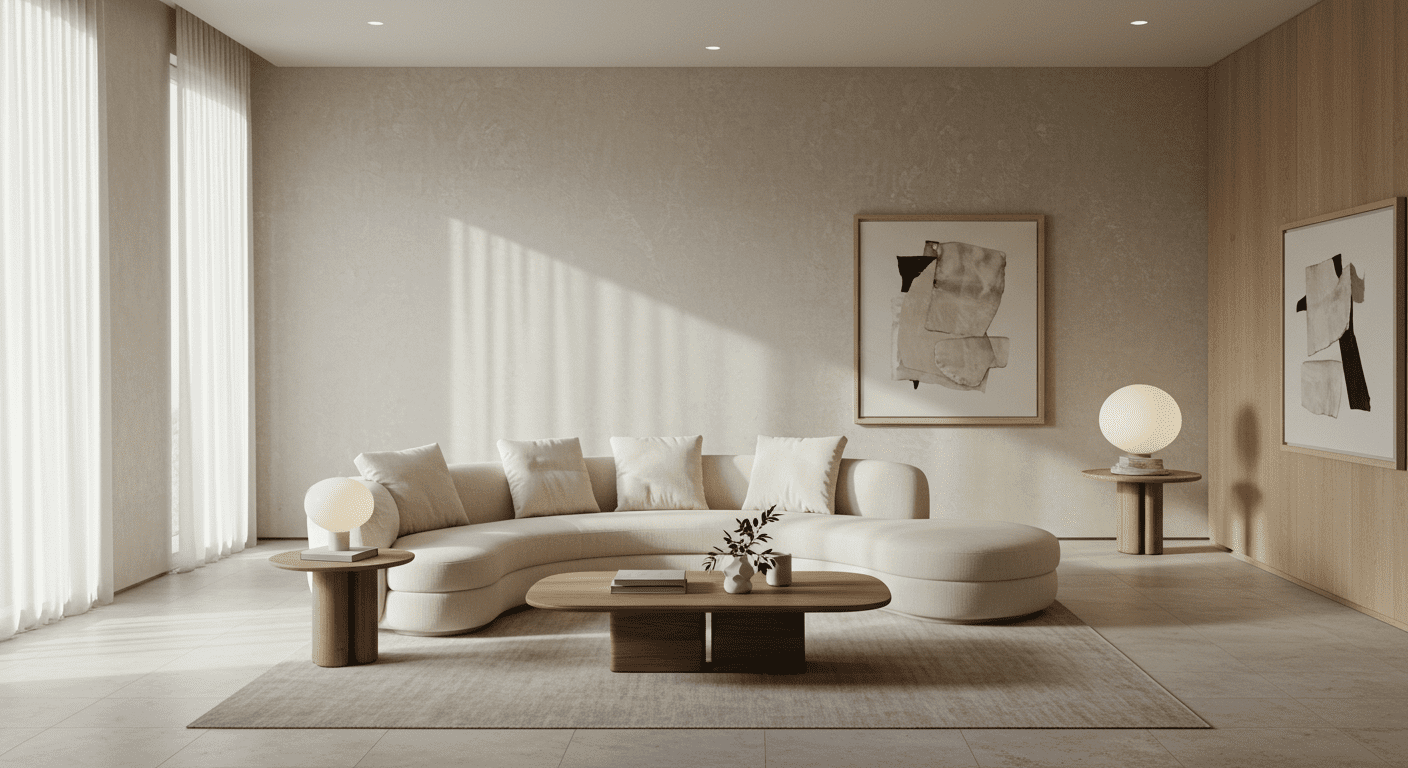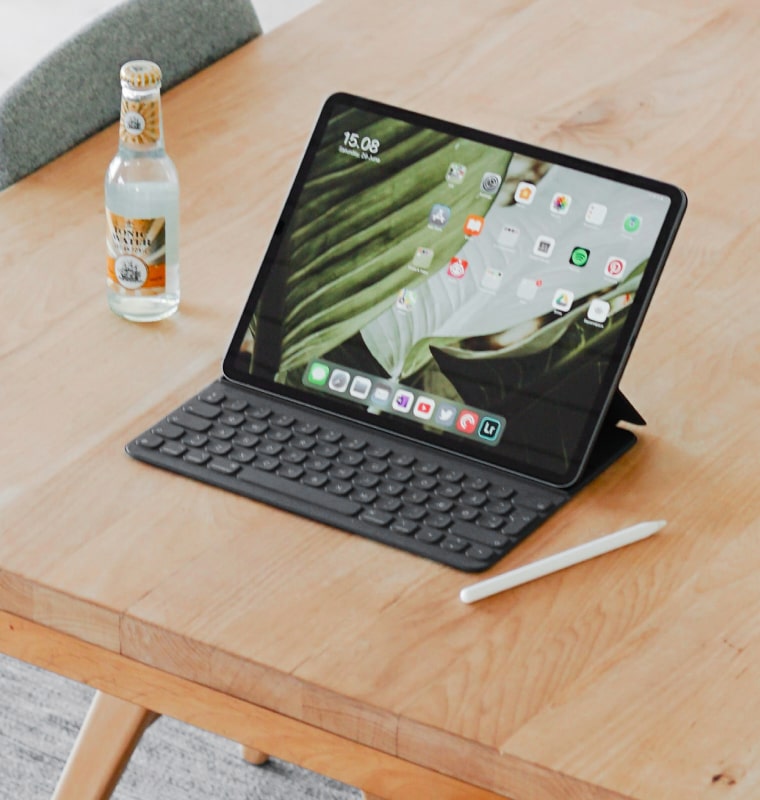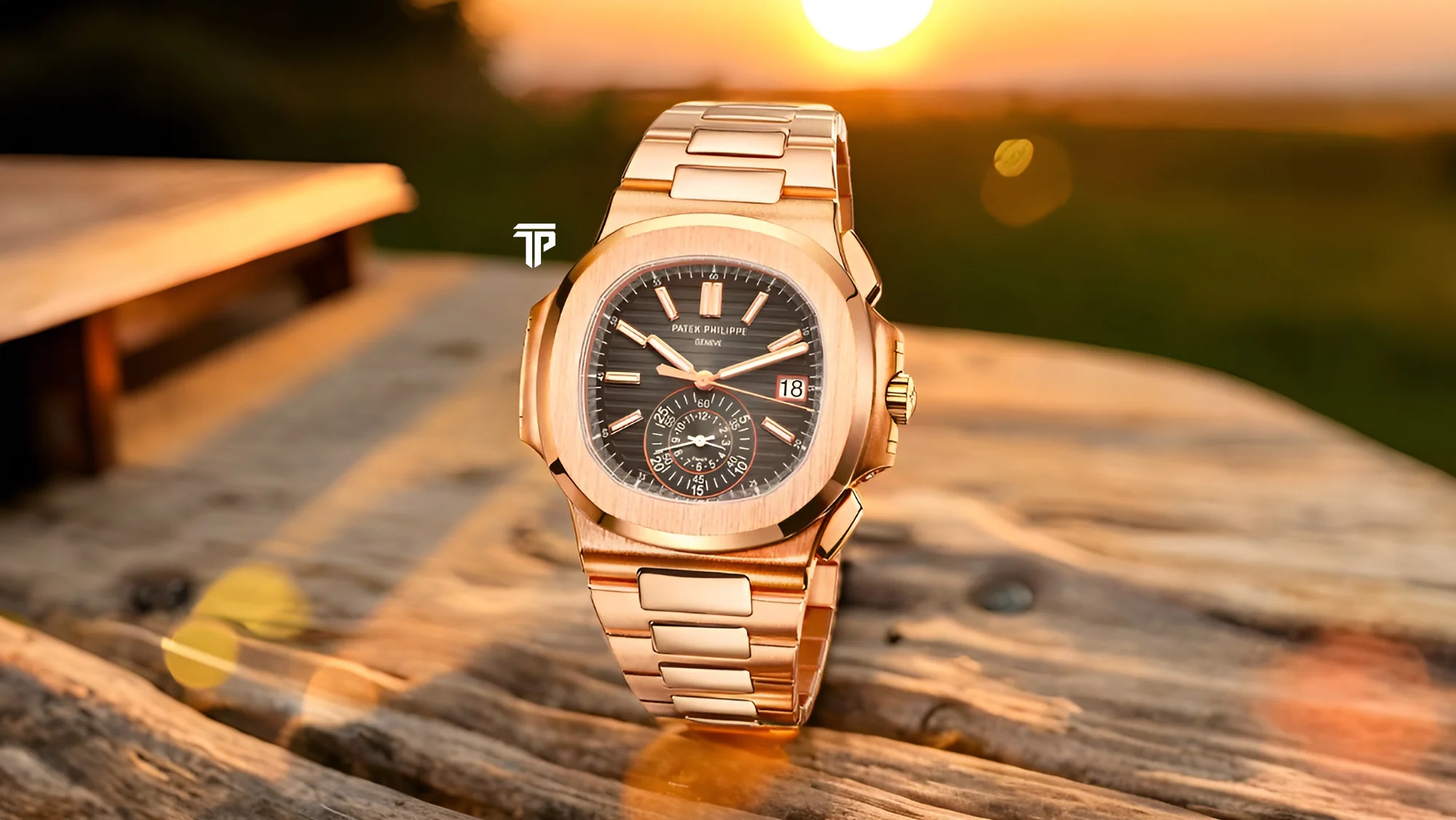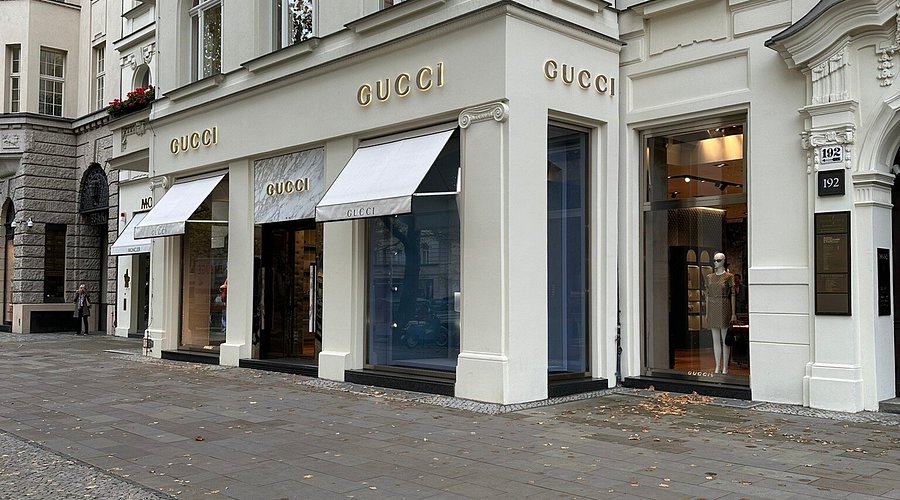Beyond Aesthetics The Hidden Power Plays Behind Modern Minimalism
By
John Carter
Last updated:
October 20, 2025
First Published:
October 20, 2025

Photo: Virtual Minds
Minimalism as a Statement of Intent
Minimalism in modern luxury is far more than a design trend. For the ultra wealthy, it communicates a sophisticated form of control over both space and perception. By stripping away excess, minimalism allows objects, environments, and even schedules to convey purpose and intention. The absence of clutter becomes a statement of clarity and authority.
Designing for Presence
Every element in minimalist spaces is carefully curated. Furniture, artwork, and materials are chosen to serve specific functions while reinforcing a sense of calm and order. In doing so, the wealthy shape environments that emphasize presence over distraction. Simplicity transforms surroundings into instruments for focus, reflection, and personal expression.
Power in Restraint
Minimalism signals the ability to resist impulsive accumulation. Choosing to surround oneself with only essential, high-quality items reflects discernment and strategic thinking. The wealthy convey that they are guided by intention rather than desire, a subtle but powerful assertion of influence over both material and social worlds.
Curated Experiences
Minimalism extends beyond physical spaces into lifestyle and experiences. Travel, social events, and even work schedules are streamlined for efficiency and impact. By removing unnecessary noise, the wealthy create environments that maximize emotional and intellectual return. Each experience is designed to leave an impression without excess spectacle.
The Psychology of Calm
Sparse environments foster mental clarity and emotional stability. Minimalist spaces reduce overstimulation, allowing for contemplation, creativity, and decision-making. For those who manage vast fortunes, the ability to think clearly and act decisively becomes an invaluable tool of personal and professional power.
Influence Through Subtlety
Minimalism allows the wealthy to exert influence without overt displays. Choices regarding art, architecture, and lifestyle communicate taste, values, and priorities. Observers may sense power and refinement without witnessing ostentation. Subtlety becomes a mode of persuasion, proving that authority does not require volume.
Wealth as a Tool, Not a Display
In minimalist luxury, possessions serve purpose rather than status. Objects are functional, emotionally resonant, or artistically significant. The approach reframes wealth as a tool to enhance life rather than a metric to impress others, redefining what it means to live well at the highest levels.
Digital Minimalism and Information Control
Modern minimalism also extends into digital spaces. The ultra wealthy curate digital environments, social media interactions, and communications to reduce clutter and maintain focus. Controlling attention in both physical and virtual spaces reinforces autonomy and strategic advantage.
Sustainability and Ethical Statements
Minimalist choices often reflect ethical and sustainable considerations. By prioritizing quality over quantity, collectors and homeowners reduce waste and emphasize longevity. Sustainability becomes a quiet yet potent extension of influence, aligning environmental responsibility with social perception.
The Future of Invisible Influence
As minimalism becomes more than aesthetic, it signals a shift in how modern wealth communicates power. The ability to create impact through simplicity, control, and intention may define the next era of affluence. For the ultra wealthy, minimalism is not merely decoration; it is a carefully orchestrated expression of authority, taste, and legacy.
Subscribe to unlock premium content
Sed at tellus, pharetra lacus, aenean risus non nisl ultricies commodo diam aliquet arcu enim eu leo porttitor habitasse adipiscing porttitor varius ultricies facilisis viverra lacus neque.
A comprehensive guide on Agile development

10 Productivity tools that are worth checking out

Top 7 Must have management tools for productivity

A comprehensive guide on Agile development

10 Productivity tools that are worth checking out

A comprehensive guide on Agile development









